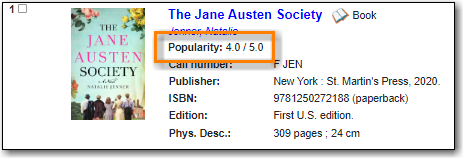Stemming
A search for dogs will also return hits with the word dog and a search for parenting will return results with the words parent and parental. This is because the search uses stemming to help return the most relevant results. That is, words are reduced to their stem (or root word) before the search is performed.
The stemming algorithm relies on common English language patterns – like verbs ending in ing – to find the stems. This is more efficient than looking up each search term in a dictionary and usually produces desirable results. However, it also means the search will sometimes reduce a word to an incorrect stem and cause unexpected results. To prevent a word or phrase from stemming, put it in double-quotes.
Understanding how stemming works can help you to create more relevant searches, but it is usually best not to anticipate how a search term will be stemmed. For example, searching for gold compass does not return for golden compass because the search does not recognize gold as a stem of golden.
Truncation
Use the wildcard * (asterisk) at the end of the word to truncate search term.
Order of Results
By default, the results in the catalogue are listed in order of relevance, similar to a search engine like Google. The relevance is determined using a number of factors, including how often and where the search terms appear in the item description, and whether the search terms are part of the title, subject, author, or series. The results that best match your search are returned first rather than results appearing in alphabetical or chronological order.
In the Advanced Search screen, you may select to order the search results by relevance, title, author, publication date, or popularity before you start the search. You can also re-order your search results using the Sort by dropdown list on the search result screen.
Popularity
The popularity sort options can use factors such as circulation and hold activity, record and item age, and item ownership counts to generate popularity badges for bibliographic records. Each badge has a five-point scale, where more points indicates a more popular record. The average of the badge points earned by each record constitutes a “popularity rating”. The number and types of badges break ties for average popularity, and relevance sorts items with like popularity.

